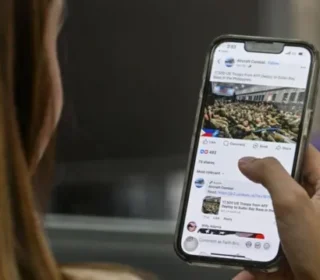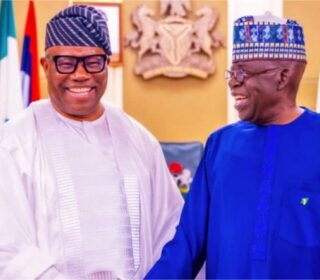
In the past 24 hours I’ve written more than 100 WhatsApp messages.
None of them were very exciting. I made plans with my family, discussed work projects with colleagues, and exchanged news and gossip with some friends.
Perhaps I need to up my game, but even my most boring messages were encrypted by default, and used WhatsApp’s powerful computer servers, housed in various data centres around the world.
It’s not a cheap operation, and yet neither I nor any of the people I was chatting with yesterday, have ever parted with any cash to use it. The platform has nearly three billion users worldwide.
So how does WhatsApp – or zapzap, as it’s nicknamed in Brazil – make its money?
Listen to Zoe read this article here
Admittedly, it helps that WhatsApp has a massive parent company behind it – Meta, which owns Facebook and Instagram as well.
Individual, personal WhatsApp accounts like mine are free because WhatsApp makes money from corporate customers wanting to communicate with users like me.
Since last year firms have been able to set up channels for free on WhatsApp, so they can send out messages to be read by all who choose to subscribe.
But what they pay a premium for is access to interactions with individual customers via the app, both conversational and transactional.
The UK is comparatively in its infancy here, but in the Indian city of Bangalore for example, you can now buy a bus ticket, and choose your seat, all via WhatsApp.
“Our vision, if we get all of this right, is a business and a customer should be able to get things done right in a chat thread,” says Nikila Srinivasan, vice president of business messaging at Meta.
“That means, if you want to book a ticket, if you want to initiate a return, if you want to make a payment, you should be able to do that without ever leaving your chat thread. And then just go right back to all of the other conversations in your life.”
Businesses can also now choose to pay for a link that launches a new WhatsApp chat straight from an online ad on Facebook or Instagram to a personal account. Ms Srinivasan tells me this is alone is now worth “several billions of dollars” to the tech giant.


















